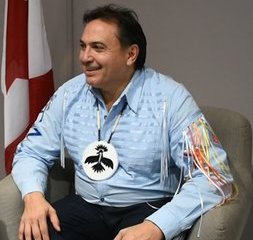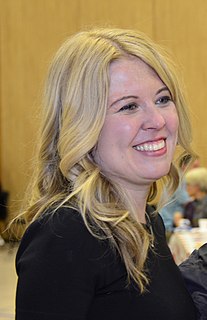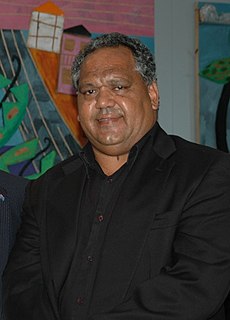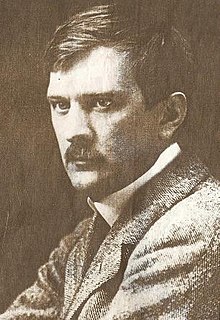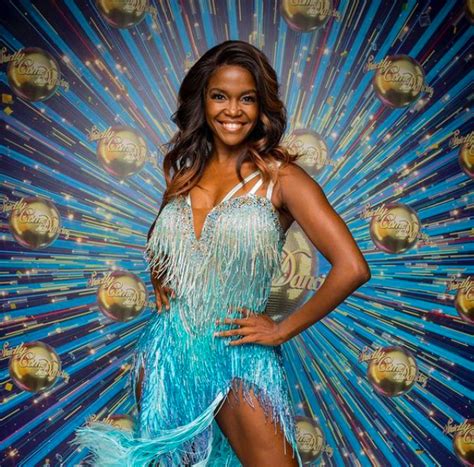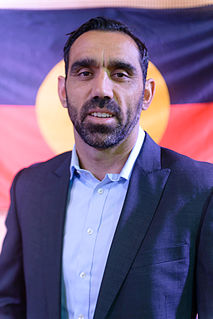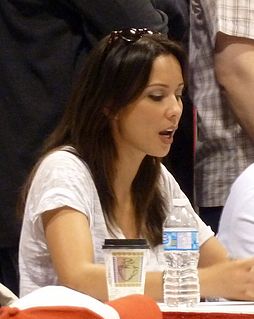A Quote by Perry Bellegarde
We focus on bringing back Indigenous languages, ceremonies, cultures, traditions - all that was lost over the past 150 years. This is how we'll generate hope - for all Canadian people.
Related Quotes
It is time to ask: are we Aborigines a serious people? … Do we have the seriousness necessary to maintain our languages, traditions and knowledge? … The truth is that I am prone to bouts of doubt and sadness around these questions. But I have hope. Our hope is dependent upon education. Our hope depends on how serious we become about the education of our people.
When Europeans arrived on this continent, they blew it with the Native Americans. They plowed over them, taking as much as they could of their land and valuables, and respecting almost nothing about the native cultures. They lost the wisdom of the indigenous peoples-wisdom about the land and connectedness to the great web of life...We have another chance with all these refugees. People come here penniless but not cultureless. They bring us gifts. We can synthesize the best of our traditions with the best of theirs. We can teach and learn from each other to produce a better America.
Writing in African languages became a topic of discussion in conferences, in schools, in classrooms; the issue is always being raised - so it's no longer "in the closet," as it were. It's part of the discussion going on about the future of African literature. The same questions are there in Native American languages, they're there in native Canadian languages, they're there is some marginalized European languages, like say, Irish. So what I thought was just an African problem or issue is actually a global phenomenon about relationships of power between languages and cultures.
Liberalism is the party of upstarts who have insinuated themselves between the people and its big men. Liberals feel themselves as isolated individuals, responsible to nobody. They do not share the nation’s traditions, they are indifferent to its past and have no ambition for its future. They seek only their own personal advantage in the present. Their dream is the great International, in which the differences of peoples and languages, races and cultures will be obliterated.
How can we possibly say the root of the Canadian approach to citizenship and immigration comes from Europe or the United States? I mean, we just don't do the same things. What I've said, very simply, is that unlike other colonies, for the first 250 years approximately, indigenous people were either the dominant force or an equal force.
